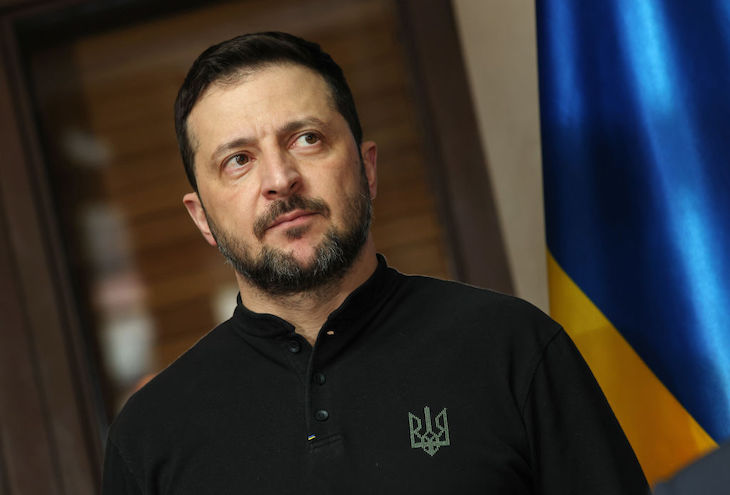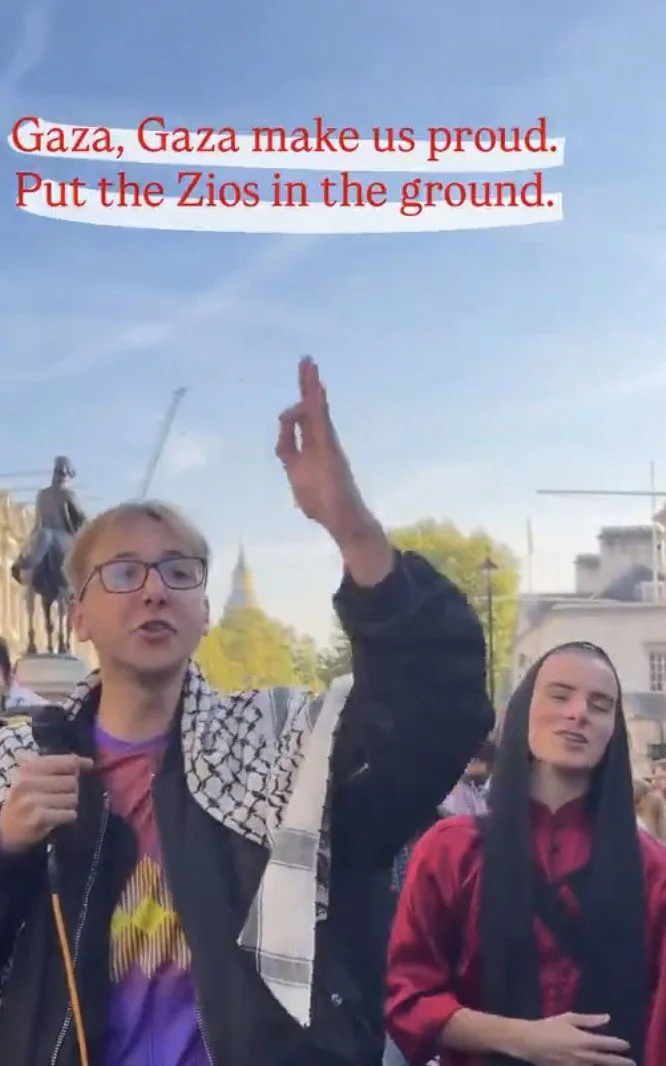In a single week, Kyiv has launched a triple attack on Odesa: on its language, history, and elected government. The city, which for almost four years has endured relentless bombardment and held Ukraine’s maritime front, now finds itself besieged by its own capital.
With growing calls for an election, Zelensky appears to be clearing the field of rivals
The most startling of these moves against Odesa is president Volodymyr Zelensky’s decision to strip Gennady Trukhanov – the city’s three-times-elected mayor – of his Ukrainian citizenship and office. The charge is that Trukhanov holds a Russian passport, which the mayor flatly denies. Yet without a court hearing or any due process, the president signed a decree removing his citizenship. Article 25 of Ukraine’s Constitution explicitly forbids depriving a citizen of their nationality. Even under martial law, this is a breathtaking attack on democracy.
The timing could not be more revealing. With growing calls for an election, Zelensky appears to be clearing the field of rivals. Trukhanov, a popular and pragmatic mayor, is precisely the kind of threat that Kyiv seeks to eliminate. Zelensky’s message to other mayors is clear: the new game is loyalty by decree. It’s my way or the highway.
Since the outbreak of war, Zelensky’s administration has sanctioned rival politicians, shuttered television channels, silenced anti-corruption critics, and dissolved parties on grounds of ‘national security’. What began as wartime necessity now reads as political strategy: the narrowing of public life, a calculated purge of dissent. In a country that claims to be fighting for freedom, democracy and the rule of law, such moves clang like alarm bells.
Odesa has suffered terribly since Russia’s invasion. The city has endured near-daily bombardment, absorbed hundreds of thousands of refugees, and sacrificed thousands of its citizens on the front. There is no doubting its loyalty: self-willed, with a civic identity deeper than any passing empire, Odesa is a city that shows Ukraine at its best. To cast such a place as suspect is not folly but an assault on Ukraine’s plural, open future.
This week’s attack on Odesa has unfolded on three fronts.
First, on its elected government. With Trukhanov stripped of his citizenship, the city’s leadership has been effectively decapitated. An ‘acting administrator’ from Dnipro has been installed. However divided Odesans once were about their mayor, few now accept the right of Kyiv to remove him by decree. Even Trukhanov’s opponents see his removal as a violation of the city’s will — and a dangerous precedent for local self-government.
Second, on the city’s language. On Monday, Ukraine’s Cabinet of Ministers approved a bill that removes Russian and Moldovan from the list of protected minority languages. The move will affect millions of Russian-speaking Ukrainians — including many on the front. Odesans, many of whom speak Russian but identify as Ukrainian, view this move as a personal insult.
Third, on its history and heritage. The newly-empowered Institute of National Memory in Kyiv has ordered the removal of figures now deemed ‘imperialist’, including Count Mikhail Vorontsov, the nineteenth-century governor who shaped Odesa after the Napoleonic wars. His cosmopolitan vision made Odesa a bridge between empires – a burgeoning port on the Black Sea. Erasing such figures does not ‘decolonise’ Odesa: it amputates its European roots and identity.
Together, these three blows – to Odesa’s governance, language, and memory – amount to an attempt to unmake the city as it knows itself.
Odesa’s ordeal is no aberration. It marks a deeper turn in Ukraine’s political life. A government that once drew strength from its moral contrast with Russia is beginning to mirror the habits of the power it resists: intolerance of dissent, suspicion of difference, and an urge to control language, memory, and loyalty from above.
Zelensky’s administration justifies these as steps toward unity. But unity by coercion is not strength; it is fear in uniform. A democracy cannot defend itself by dismantling the pluralism that gives it life. Each purge, each banned tongue or toppled monument, chips away at the civic foundations of Ukraine’s European future.
Odesa, of all cities, should have been cherished as proof of what Ukraine fights for: a free, multilingual, self-confident port facing Europe. Instead, it is being punished for precisely those qualities. The result is a profound alienation that now pervades daily conversation. After years of bombardment, Odesans now find themselves politically orphaned: their loyalty suspect, identity denied, politics usurped. I have watched the city’s fervent loyalty curdle into quiet, seething resentment.
For Kyiv, sowing fear, chaos, division and estrangement when it can least afford them is a fatal strategic mistake. For Moscow, it is a windfall: a propaganda victory to watch Ukraine act out the Kremlin’s caricature of intolerant authoritarianism. For Ukraine, to deprive its biggest port of voice, identity and representation is not just self-harm. It is national suicide.







Comments